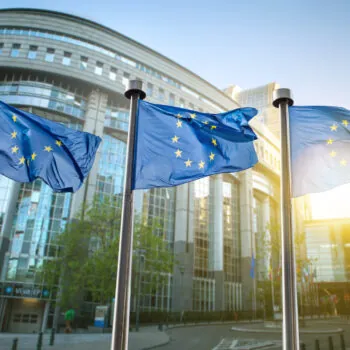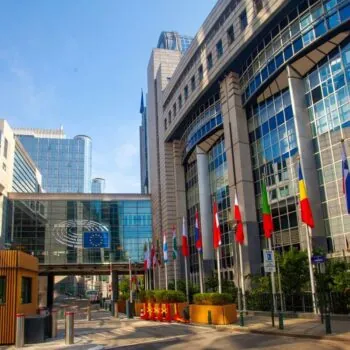The EU needs China to move rapidly towards a low carbon economy. Even with strong leadership at the highest level in China, this will not be easy, given the country’s scale, diversity and development needs.
The building of an effective UN climate change agreement is an important component of this process. But it is also crucial that the EU develops close bilateral ties with China. Such a relationship would help accelerate China’s transition to a low-carbon economy by making the most of Europe’s technology and expertise, as well as the dense commercial links between the two economies.
Nick Mabey, CEO for E3G’s recently wrote a policy brief for the Centre for European Reform (CER). Below is the related Press Release as written by CER.
Press Release
The EU has a vital interest in ensuring that China moves rapidly towards a low carbon economy. Even with strong leadership at the highest level in China, this will not be easy, given the country’s
scale, diversity and development needs. The building of an effective UN climate change agreement is an important component of this process and Europe must work hard to ensure that the Copenhagen summit in December 2009 is a success. But it is also crucial that the EU makes better use of its technology, expertise, investment and trade relationship to speed up China’s transition to a low-carbon economy.
In this new CER policy brief, Nick Mabey, Chief Executive of E3G, argues that the European Commission and EU member-states need to make the following choices if Europe is to fulfil the potential of the EU-China relationship:
- Recognise the strategic importance of energy and climate security as a leading factor in EU-China relations;
- Agree a clear and strong role for EU-China bilateral relations as part of Europe’s overall climate change strategy;
- Agree to progressively align the climate change co-operation strategies of the EU and the individual member-states. To this end, the Commission and member-states should pool at least half of their China funding under a common strategy by 2013;
- Take the lead in convening trilateral discussions between the EU, China and the US to resolve critical and contentious issues, starting with a drive to establish a shared basis for technology co-operation and the resolution of trade questions, such as the issue of carbon tariffs;
- Agree to fast-track EU-China co-operation projects at the EU-China summit in November 2009. These should include the demonstration and deployment of carbon capture and storage (CCS) and the development of joint Low Carbon Investment and Technology Development Zones in China.
ENDS
Notes for editors:
1. Nick Mabey is Chief Executive of E3G. He can be contacted on + +44 (0) 20 7234 9890.
2. This paper can be downloaded from the CER website (https://www.cer.org.uk) or by contacting Kate Mullineux at {encode=”kate@cer.org.uk” title=”kate@cer.org.uk”} or on +44 20 7233 1199.


